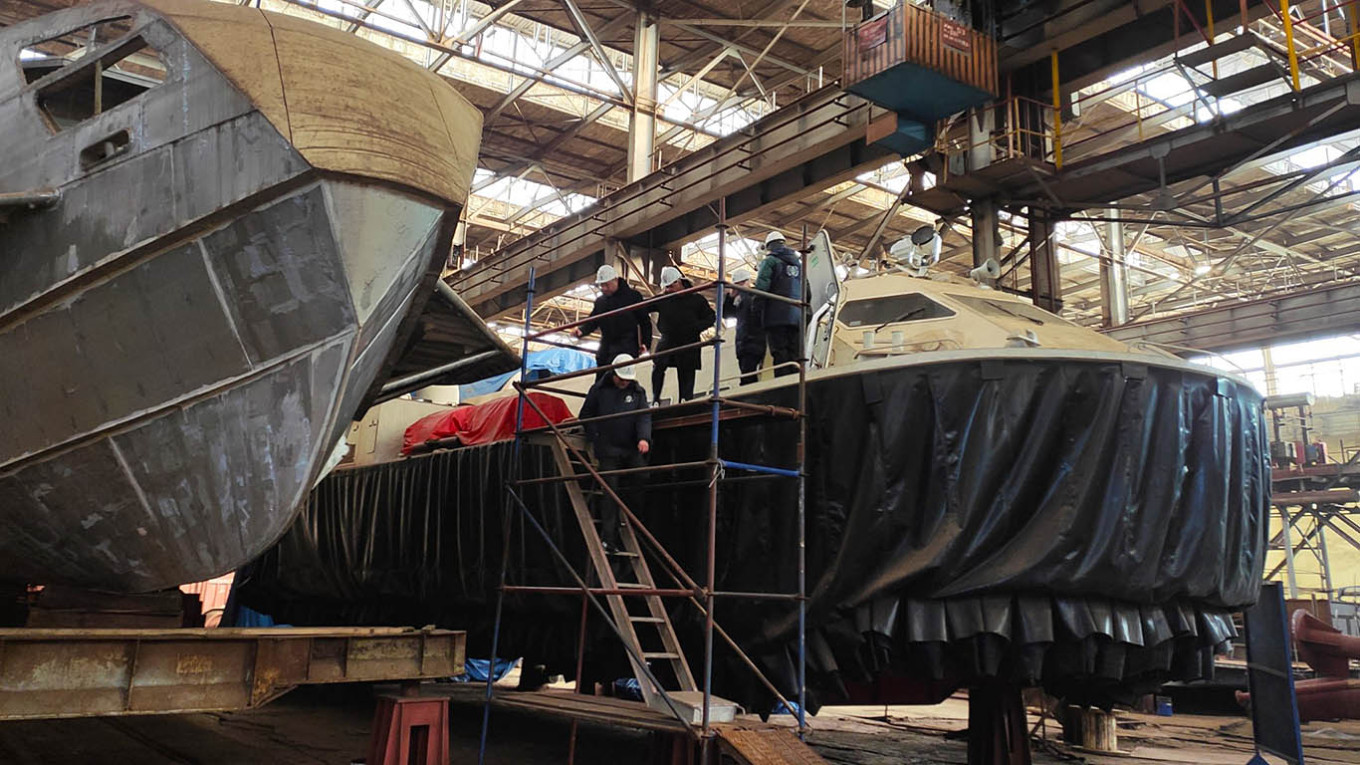The United Shipbuilding Corporation (USC) plans to put up for sale some of its shipyards that remain without orders. This was announced by Andrey Kostin, Chairman of the Board and Board of Directors of the corporation, who emphasized the need for a “large-scale restructuring” of the entire industry.
Among the potential deals is the Khabarovsk Shipbuilding Plant (KSP), one of the largest enterprises in the Russian Far East, specializing in naval minesweepers and anti-submarine ships. The corporation has already cut 70% of the plant’s workforce due to a “lack of production volumes.”
The main reason for the decline of Russian shipbuilding is the high cost of production. Building ships in Russia is several times more expensive than in China. For example, three of Russia’s largest grain exporters plan to order more than 60 bulk carriers at Chinese shipyards, where the cost of one vessel is about 3.5 billion rubles, compared to 12.5 billion in Russia.
Background: USC was established in 2007 by a decree of Putin to consolidate fragmented shipbuilding plants and fill them with orders. However, in 2023, the corporation was transferred to the management of VTB Bank due to chronic financial problems.
VTB itself, Russia’s second-largest bank by assets, is also experiencing a crisis. A sharp increase in loan defaults, particularly those issued to finance military programs, has hit the state bank’s balance sheets. In the first six months of 2025, net profit fell by 49%, to 146.8 billion rubles—a decline of such magnitude is considered rare for major banks.
Official reports only partially reflect the severity of the situation: the actual state of the loan portfolio is much worse, and opaque restructurings and military loans make risk assessment difficult. Over the course of the year, Russia is expected to face a full-scale banking crisis. Increasing numbers of corporate and retail borrowers are unable to service their debts, with difficulties recorded in construction, industry, and even the military sector of the economy.




















